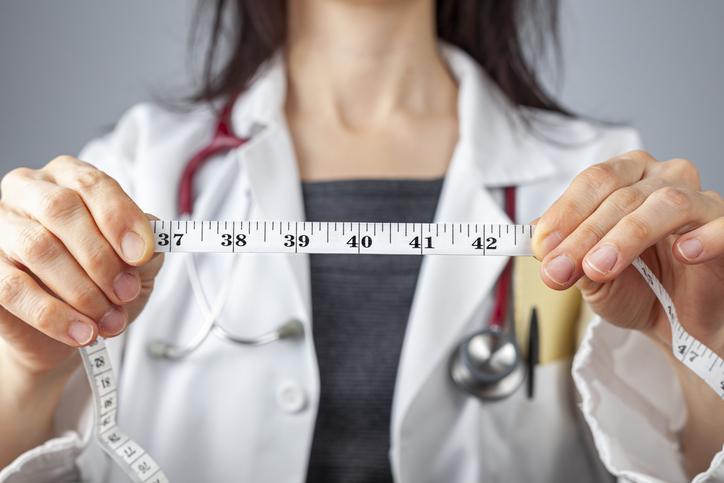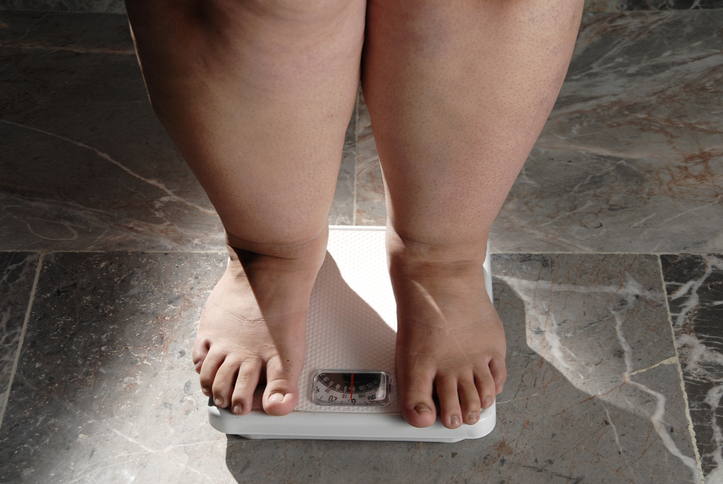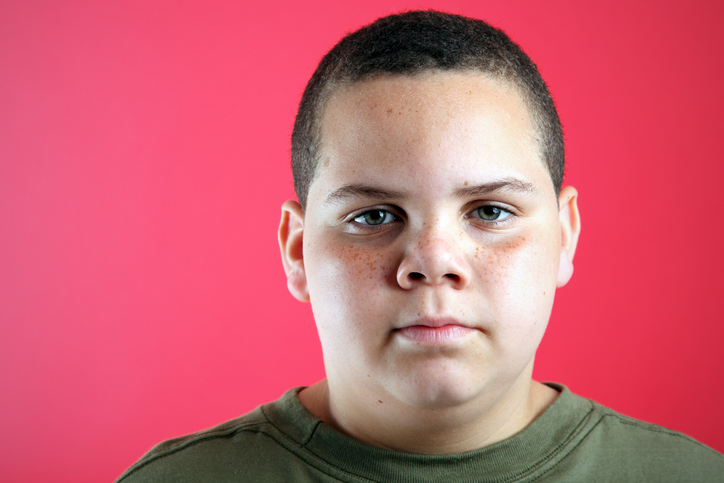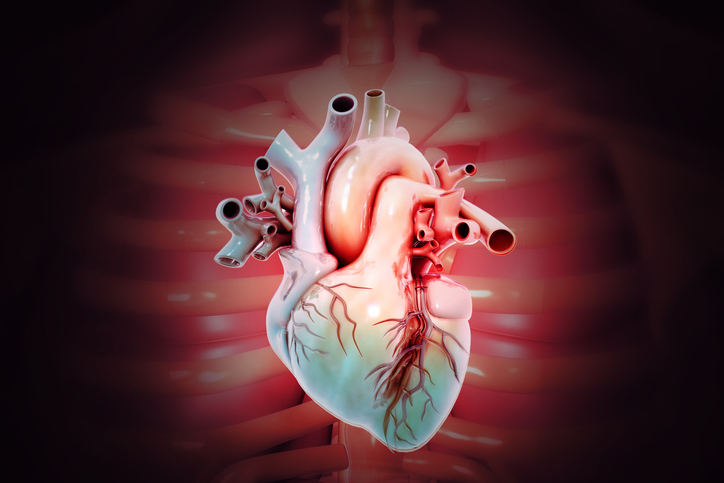
A recent report published in JAMA Cardiology highlighted some of the characteristics, treatment, and outcomes in patients receiving a heart transplant who also had diagnosed COVID-19.
The authors looked at a case series consisting of 28 patients from a single center who received heart transplants between March 1, 2020, and April 24, 2020. Patients from that center who were followed up who were later infected with COVID-19 were included in the analysis. The primary study outcome of interest was vital status at the end of study follow-up. Patient characteristics, changes to immunosuppression, lab analyses, and treatment for COVID-19 were all secondary measures of the study.
— JAMA Cardiology (@JAMACardio) May 18, 2020
According to the study results, the median age of the patient population was 64.0 years, with a median time of 8.6 years between heart transplant and COVID-19 treatment. The researchers reported hypertension (71%), diabetes (61%), and cardiac allograft vasculopathy (57%). About 79% of patients required and were admitted for treatment for COVID-19, and one quarter of the patients required mechanical ventilation. One quarter of the total patients died during hospitalization.
“Of note, we did not routinely test patients who were asymptomatic, and there were limitations on testing patients with mild symptoms at the earliest phases of the pandemic,” the authors noted in their discussion.
They also noted the role immunosuppression played in the complexity of managing heart transplant patients with COVID-19, who tended to have more intense immunosuppression than other organ transplant recipients.
“Although our cohort is small, we recommend that patients who have received heart transplants are treated at a transplant center while infected with COVID-19,” the team wrote in their paper. “Furthermore, these patients will require ongoing monitoring in the recovery phase as an immunosuppression regimen is reintroduced and the consequences to the allograft itself become apparent.”
They also emphasized the need for close follow-up with patients
“The high case fatality rate in this cohort calls for close monitoring of recipients of heart transplant and a low threshold for hospitalization during acute infection with COVID-19.”
Great work by my colleagues @MaryjaneFarrMD @NirUrielMD et al. Characteristics and Outcomes of Recipients of Heart Transplant With Coronavirus Disease 2019 | Cardiology | JAMA Cardiology | JAMA Network https://t.co/zF5XOlXwdo
— Jennifer Haythe MD (@DrJennHaythe) May 13, 2020
Our experience from @NYPCUCVI led by Dr. Farhana Latif on characteristics and outcomes of Heart Transplant pts w/ #COVID19 now in @JAMACardio
High case-fatality rate with unclear risk modification based on immunosuppression changes
Link: https://t.co/mLLjrX5Ata pic.twitter.com/3gaymGz9xF
— Nir Uriel, MD MSc (@NirUrielMD) May 13, 2020







 © 2025 Mashup Media, LLC, a Formedics Property. All Rights Reserved.
© 2025 Mashup Media, LLC, a Formedics Property. All Rights Reserved.